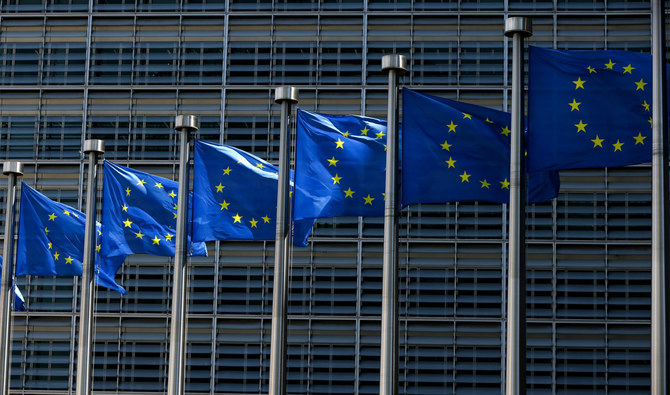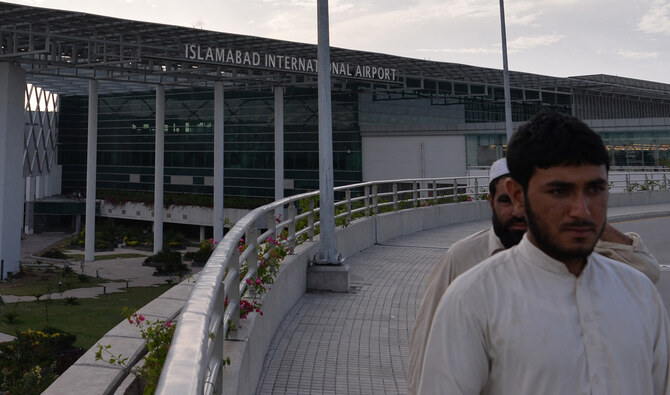ISLAMABAD: The European Union highlighted several human rights challenges facing Pakistan in an evaluation report released on Tuesday, acknowledging the country had strengthen its legal framework to deal with issues like torture and labor rights while noting their proper implementation was still a problem.
The report, which was compiled under the Generalized System of Preferences Plus (GSP+) preferential trade scheme, covers the period between 2020 and 2022. The scheme allows developing countries to bring their exports to the European markets without paying much tariff after agreeing to implement 27 international human rights conventions related to environment and good governance.
The EU is Pakistan’s second most important trading partner, accounting for 14.3 percent of the country’s total trade in 2022 and absorbing 29.8 percent of its total exports. In 2022, Pakistan’s exports to the EU were 58.9 percent higher than in 2019, while imports from the EU witnessed an increase by 9 percent over the same period.
“Since 2020, Pakistan has adopted important laws in the field of human rights, namely regarding preventing and punishing torture, the protection of journalists, gender-based violence, preventing domestic violence, and, at provincial level, promoting women’s rights,” the report said.
“While legislative reforms are significant, important concerns remain, notably on enforced disappearances, on allegations of torture as well as on restrictions of freedom of expression, and media freedom,” it added.
The EU report also noted that political and economic corruption was perceived to be rampant in Pakistan, though it noted that anti-corruption rhetoric and legal cases were “heavily politicised.”
It also expressed concern over military’s involvement in politics and the national economy, saying this was “despite continuous civilian rule since 2008.”
As the largest exporter to the EU under the GSP+ scheme, Pakistan needs the preferential trade mechanism for continued access to the lucrative European market. However, EU states have frequently expressed concerns over the state of human rights issues and democracy in the country while even calling for European authorities to review Pakistan’s GSP+ status.
However, the EU Parliament in October voted to extend the current GSP+ rules, rolling over the special incentive arrangement for another four years for developing countries, including Pakistan.
















